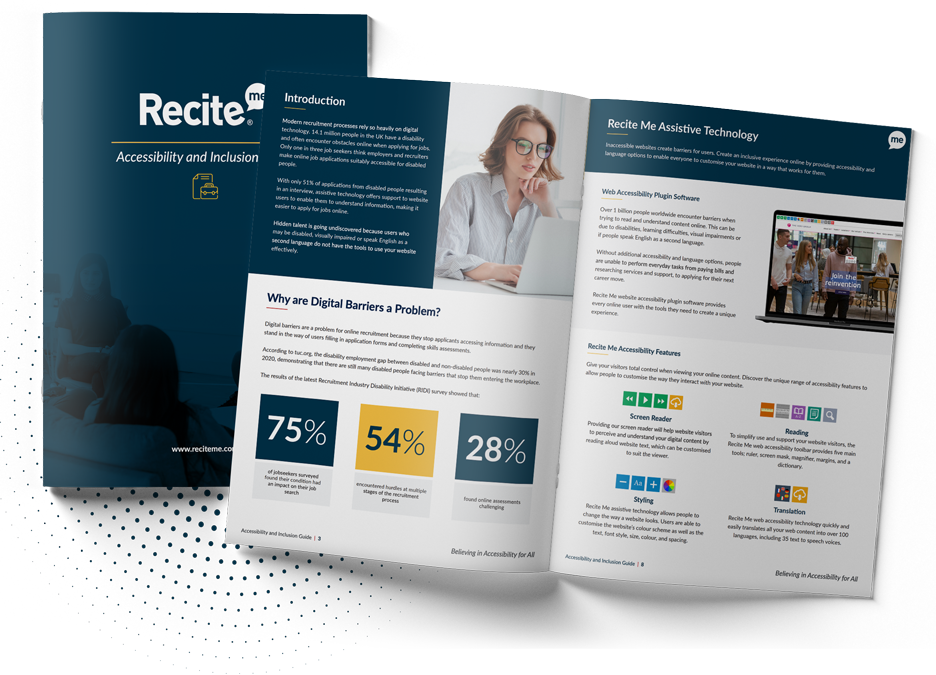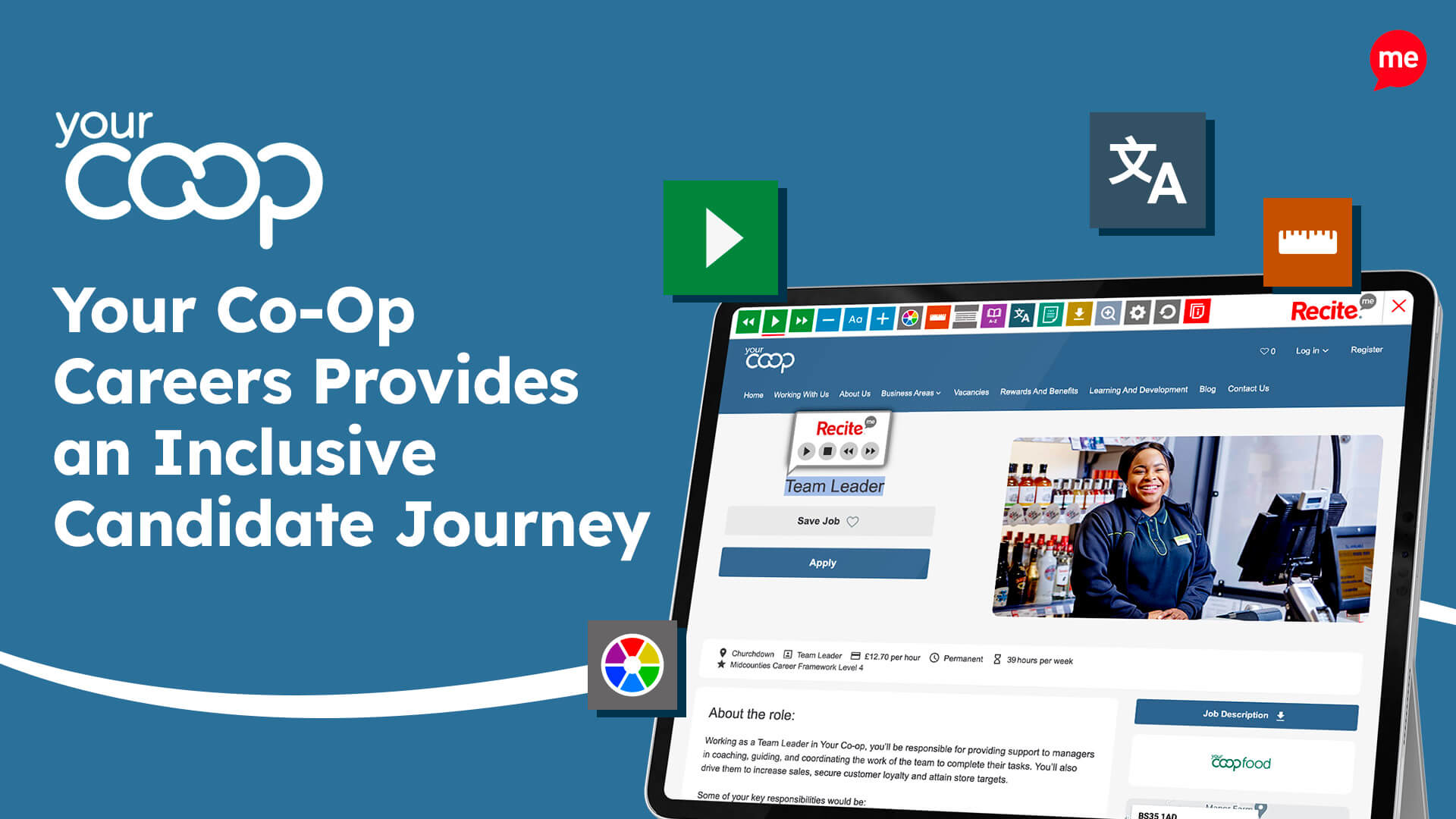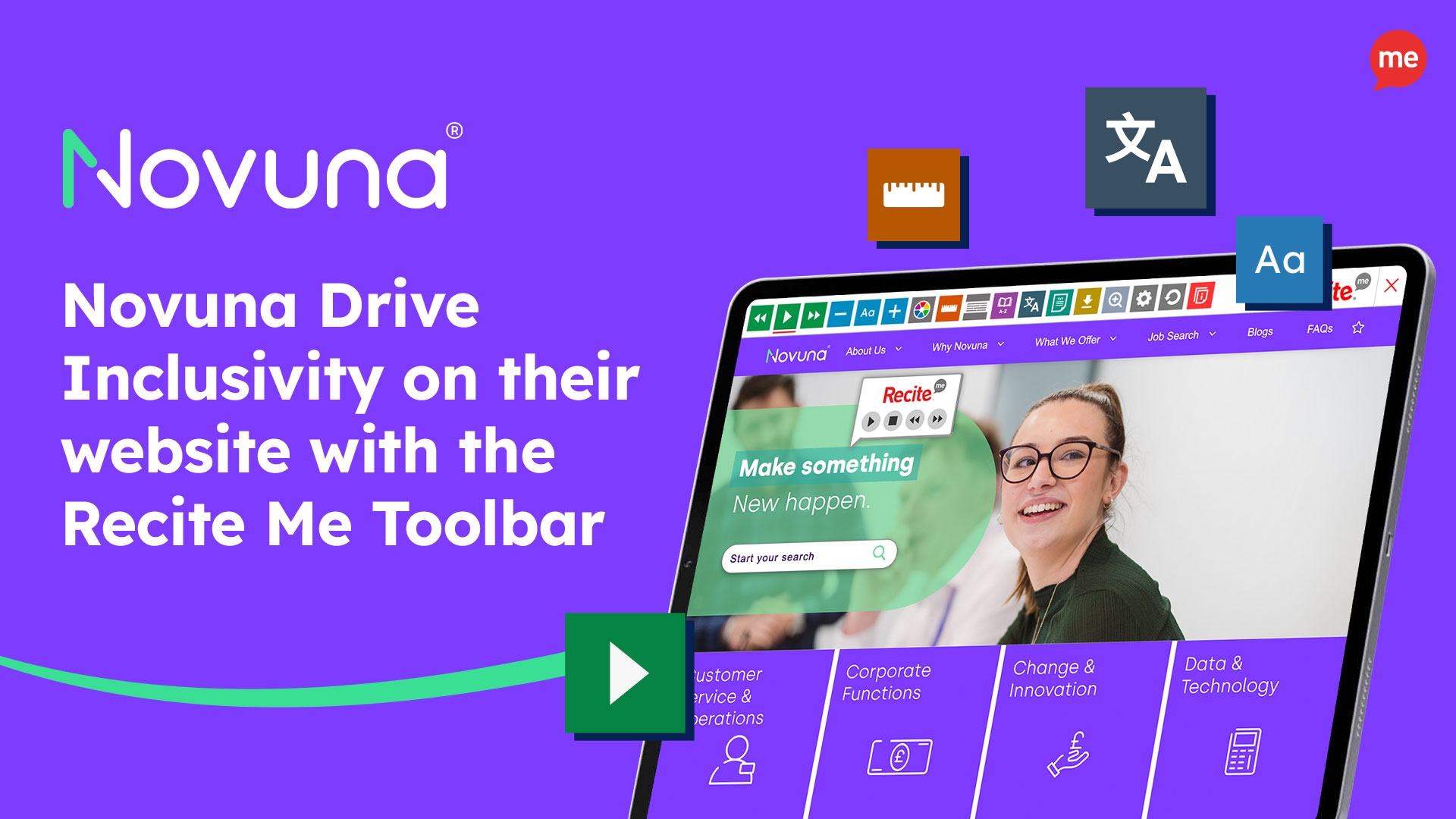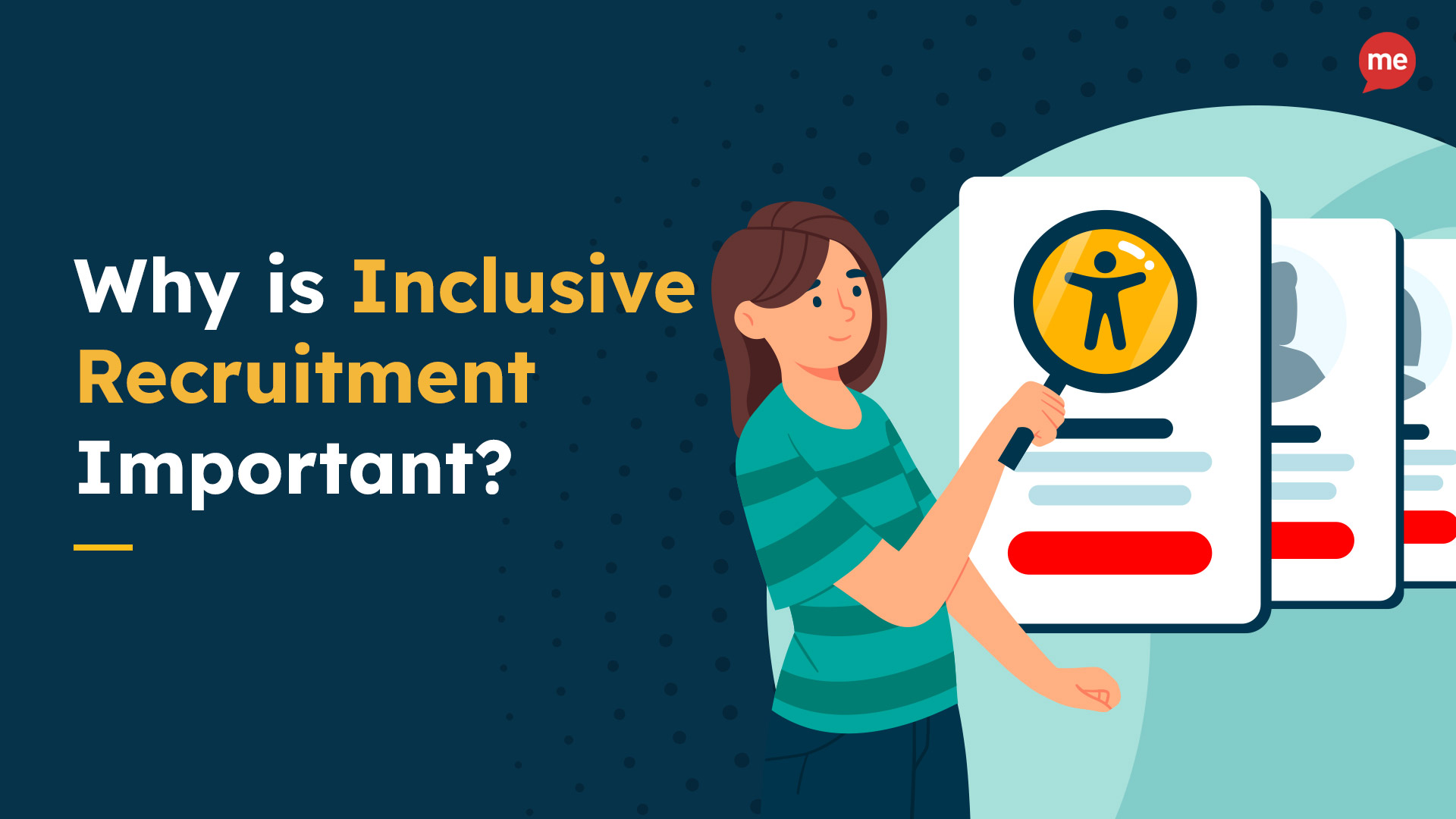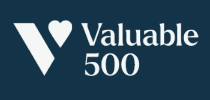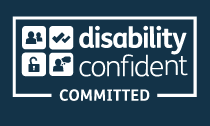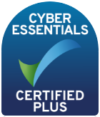Fact: Organisations with diverse, equitable, and inclusive cultures make more profit, have lower turnover rates, and satisfied employees who are more are productive, innovative, and better at decision making.
Diversity, equity, and inclusion (DEI) have been much more than buzzwords for a long time. In the last couple of years, in particular, workplace turbulence amplified by the effects of the COVID-19 pandemic have thrust DEI factors firmly into board-level discussions and organizational objectives. In fact, just between September 2019 and September 2020, jobs in diversity, inclusion, and belonging rose by 56.3%.
Today’s workforce is the most diverse it’s ever been due to a combination of DEI developments and the increased tendency towards remote working. To keep teams connected and focused on organizational milestones and missions, employee experience and engagement have become priority metrics for success. This puts the top talent in the driving seat.
“2020 was about crisis response amid a global pandemic, and 2021 was about adapting to challenges like employee burnout, remote work, and hiring and retention in a job market defined by labor shortages and unprecedented employee turnover. This year will center on navigating the new normal and employees’ elevated power in this tight labor market.”
Daniel Zhao, Economist and Data Scientist
But what exactly are the trends to watch out for? And how does web accessibility play a part? Let’s find out.
Workplace Trends
A recent report by Glassdoor highlighted four emerging workplace trends:
1. Hiring will be more difficult
Customer demand may be returning, but businesses will face increased competition for workers due to factors including lower immigration, an aging population, and the ‘Great Resignation’. This will make hiring and retaining employees challenging and will push businesses to:
Offer better salaries, bonuses, and benefits packages
Focus on retention through improving employee satisfaction and engagement
Access new talent pools by employing more overlooked workers like remote staff, recent retirees, and people with disabilities.
2. Remote working will boost access to talent, but at a higher price point
The recruiting advantage that remote employers had a few years ago has been diluted by the surge of work from home (WFH) policies during the COVID-19 pandemic. Companies are likely to face challenges this year as the employee pool continues to become empowered by remote working possibilities, meaning:
Employers will have to reduce or remove location-based pay policies
Salaries will need to become more competitive
3. Employers will prioritize DEI
Modern-day employees expect to see demonstrable progress rather than empty goals or promises, so companies will need to become more transparent and accountable for reporting on DEI factors. Glassdoor’s D&I workplace survey identified that 76% of job seekers consider a diverse workforce important when evaluating companies and job offers.
4. Workplace communities will become increasingly virtual
Developing an inclusive and open company culture in a remote setting will become vital. Research shows that two-thirds of remote workers experience isolation and loneliness. As a result, employee turnover rates within businesses with a rich company culture is only 13.9%, compared to 48.4% within organizations with poor company cultures.
Why Being Inclusive Matters
In today’s competitive marketplace, DEI is a means of achieving positive cultural change while also boosting brand reputation and becoming an employer of choice – all of which help when it comes to attraction, recruitment, and retention. Besides, at a time when so many organisations are reporting employee and skills shortages, tapping into a more diverse talent pool is a no-brainer.
“If you haven’t got the best talent you’re not going to be the best, and if you’re not representing properly the available pool of talent then you’re missing an opportunity.”
Alex Wilmot-Sitwell, EMEA President at Bank of America
There are thousands of talented candidates with hidden disabilities that don’t affect their ability to perform. By improving processes to accommodate a diverse workforce, organisations can improve employee experiences and boost engagement at every stage of the employee life cycle:
1. Attraction – Brand reputation improves from employee, customer, and stakeholder perspectives.
2. Recruitment – Providing inclusive candidate journeys creates equal opportunities and allows organisations to draw from a wider talent pool.
3. Onboarding – Demonstrating inclusive practices sets a first impression that encourages trust and loyalty from the off.
4. Development – Productivity improves because data shows that employees with disabilities take less time off and stay with companies for longer.
5. Retention – Turnover rates drop when everyone feels included and valued.
6. Offboarding – Gathering employee feedback helps provide data and insights that can be used to improve DEI policies further.
Where Does Website Accessibility Fit In?
Online access barriers are a real-life problem for one in every five people due to hidden disabilities such as:
Visual impairments
Learning difficulties
Neurological conditions
Cognitive disabilities
Language differences
Making a website accessible allows recruiters and employers to get the best results. Many factors could be preventing the best candidates from applying for a position. Examples include:
- Websites that are difficult to navigate for people with disabilities.
Job ads that are not displayed in an inclusive format.
Application forms that aren’t accessible.
Even in the onboarding, development, and retention phases of an employee’s life cycle, additional software can provide equity and comfort, and should be encouraged. For example, providing screen reader software for a dyslexic employee is no more difficult than providing an ergonomic office chair for someone with back problems.
How Recite Me Can Help
Accessibility software allows everyone to access websites in the way that works best for them. Firstly, we can help you with our WCAG checker, which allows you to scan your entire site for WCAG compliance issues.
Additionally, the Recite Me assistive toolbar has a unique combination of features that helps people with various disabilities. Users can:
Personalise font size, type, and colour options
Utilise a mask screen tool
Use an on-page ruler
Strip away images and graphics
Download content as an audio file
Convert content into over 100 different on-screen languages
Have content read aloud in a choice of 35 different languages
Customise PDF documents and have them read aloud or translated
Improving web accessibility doesn’t just benefit staff with disabilities. It benefits everyone. For example, allowing any employee to make adjustments leading to improved comfort and reduced fatigue will increase engagement and productivity.
Career Sector Data
Recite me is already installed on over 3,600 websites. Our 2021 careers sector data shows that:
Over the year, 74,837 people used Recite Me to help them find their next career
Over 6,000 people per month used our software to customise their experience on careers websites.
Nearly 28,000 different careers web pages were viewed using the Recite Me toolbar
Over 200,000 individual styling changes were made
Over 260,000 pieces of content were translated into different languages
Nearly 370,000 pieces of content were read aloud
What Our Users Say
We are proud to work with several industry leaders and experts already. Here’s what some of them have to say about diversity, equity, inclusion, and accessibility.
“We want to attract the best talent. Allowing everyone who visits our careers site to use it the way we intended is a vital part of our mission. That’s why we’ve worked with Recite Me to make our website digitally inclusive. It’s the right thing to do and the best decision for our business.”
Sean Allen, Head of Talent at Very
“Recite Me ensures every part of our recruitment process is accessible to everyone, from browsing to making an application. By employing Recite Me, we can ensure that every candidate gets an equal chance at developing their career by being able to access the same opportunities to gain and maintain employment.”
Rebekah Lee, Head of Marketing at Morson International
“Recite Me goes to the very heart of our values. It’s helping us build a diverse, inclusive environment where we respect, understand, and value different people – starting with how we recruit them.”
Victoria Jones, Head of Recruitment at SNC Lavalin
5 Steps to a Digitally Inclusive Workplace
Despite rising awareness of DEI factors, the disability employment gap between disabled and non-disabled people was 28.4% in 2021. So there is still a way to go. These are the steps to follow to improve diversity, equity, and inclusion within your organisation.
1. Integrate DEI into Your Core Values
Ensure your business complies with disability discrimination laws, gather employee feedback regularly, adopt inclusive web design principles, and ensure your social media profiles are accessible.
2. Become Disability Confident Employer
Disability Confident schemes help employers explore the benefits of employing disabled people. Over 20,000 forward-thinking companies are registered as Disability Confident – Recite Me being one of them, of course.
3. Provide an Inclusive Candidate Journey
Access our free guide to accessible online recruitment in partnership with Guidant Global.
4. Use Assistive Technology
Assistive functionality allows customised adaptions that account for varied digital access barriers.
5. Seek Advice
There are some fantastic companies specialising in supporting businesses to develop more inclusive practices within the workplace. Examples outside the Recite Me team include Inclusive Employers, Verdica, and RIDI.
Want to know more about Recite Me technology? Contact us today to learn how our web accessibility solutions can help strengthen your HR strategy and propel your diversity and inclusion policies forward. You can also try out our WCAG accessibility checker for free.
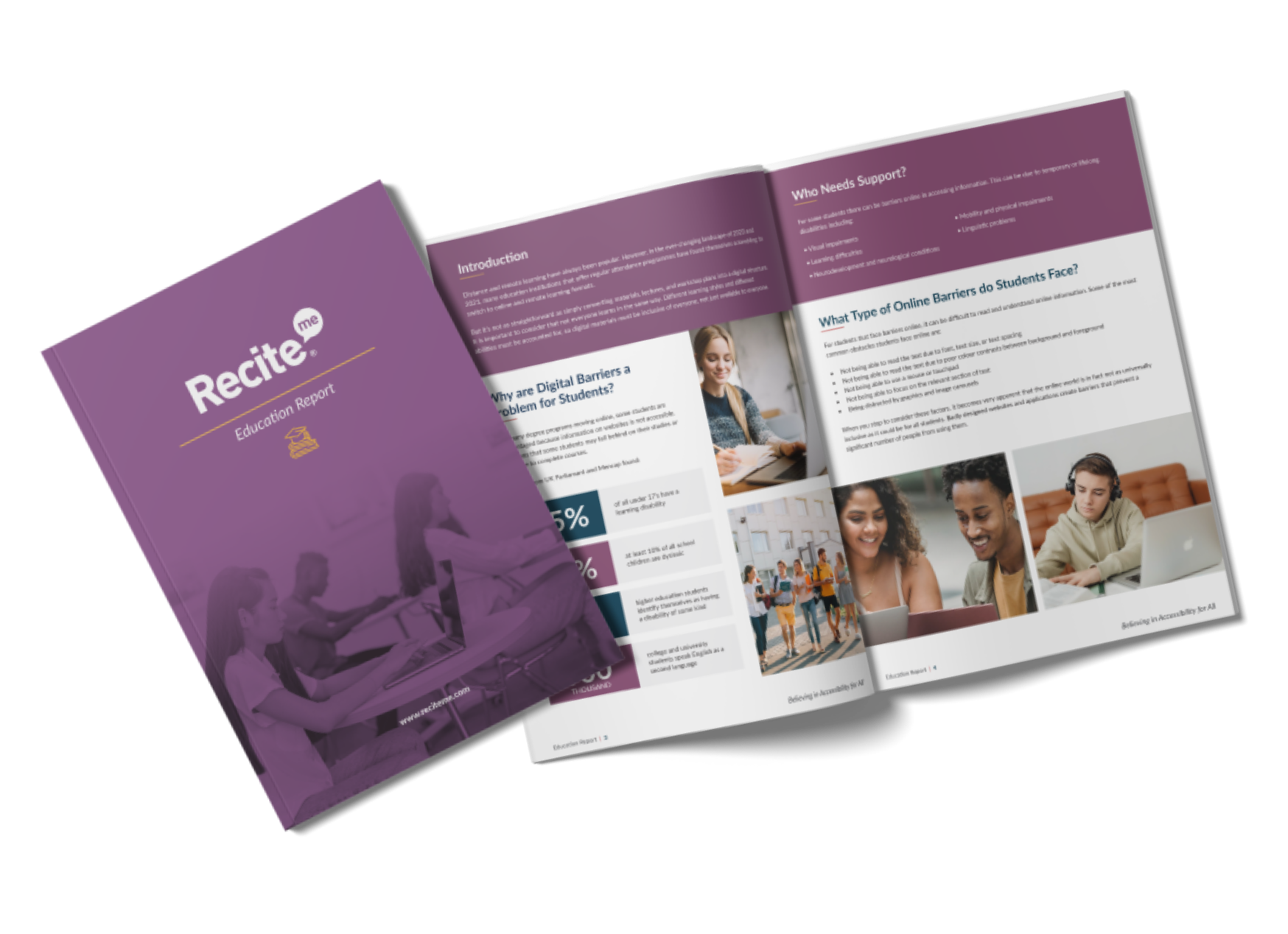
The guide explores why digital barriers are a problem when researching and applying for jobs, who needs support online, the benefits of providing online support for candidates and our recent toolbar usage data.
